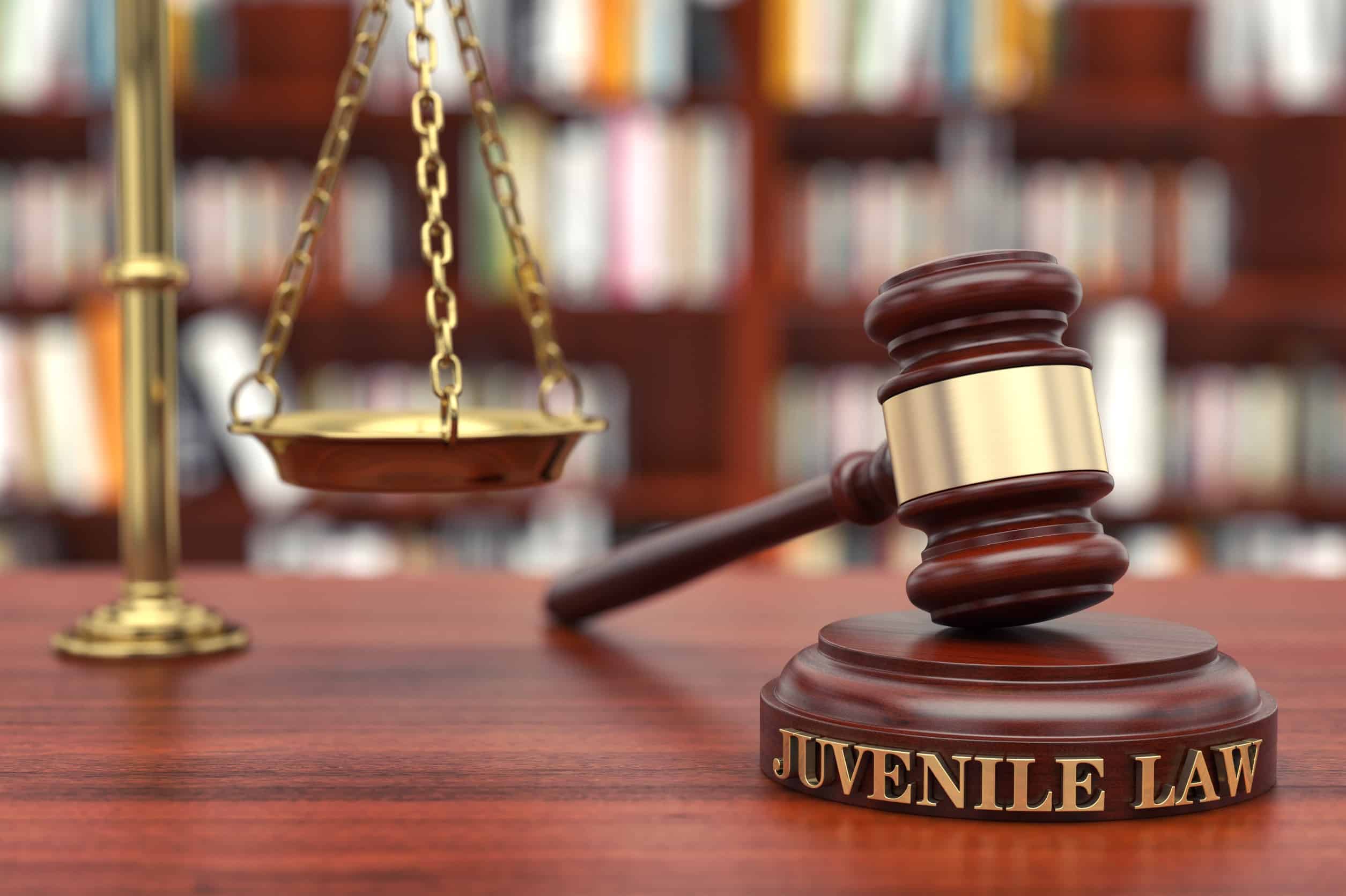Navigating the legal system can be daunting, especially when it involves your child. If your child is accused of a juvenile crime in Denver, it’s crucial to understand their rights and their protections. In this guide, we’ll explore what parents need to know to advocate for their children effectively.
Know Your Child’s Rights
First and foremost, being aware of your child’s rights in the juvenile justice system is essential. Just like adults, juveniles have certain constitutional rights, including:
- The right to remain silent: Your child has the right to refuse to answer questions from law enforcement without a parent or guardian present.
- The right to legal representation: Your child has the right to an attorney; if you cannot afford one, the court will appoint one.
- The right to a fair trial: Your child has the right to a trial where the prosecution must prove their guilt beyond a reasonable doubt.
- The right to confront witnesses: Your child has the right to cross-examine witnesses presented by the prosecution.
Understanding these rights empowers parents to advocate effectively for their children throughout the legal process.
Juvenile vs. Adult System: Key Differences
Like most states, Colorado operates separate legal systems for juveniles and adults. This reflects the understanding that young people are still developing and less culpable than adults. However, key factors set juvenile courts apart.
Juvenile court prioritizes rehabilitation over punishment, emphasizing programs and interventions that address underlying issues and help juveniles learn from their mistakes. Juvenile court proceedings are generally closed to the public, protecting the privacy of the child and encouraging openness during the process.
Juveniles have the right to an attorney, appointed if necessary, to ensure their rights are protected and their best interests are represented. Sentences for juveniles are typically less severe than those for adults, focusing on diversion programs, community service, and probation before considering incarceration.
Common Misconceptions
Understanding common misconceptions about juvenile rights can empower you to navigate the legal process effectively. Misconceptions about juvenile rights and the legal system abound. One prevalent myth is that juvenile records are automatically sealed when a child turns 18. While some records may be sealed, certain offenses may remain on their record and could impact their future.
Another misconception is that juvenile offenses are not serious. In reality, juvenile crimes can have significant consequences, including juvenile detention, probation, and a lasting impact on educational and employment opportunities.
It’s also untrue that talking to the police without a lawyer is harmless. Juveniles have the right to remain silent and consult with an attorney before answering questions. Many also believe a child can’t be detained. However, juveniles can be detained under specific circumstances, such as posing a danger to themselves or others.
While the juvenile court focuses on rehabilitation, do not mistake it for being lenient. The system can still impose significant consequences, including incarceration in secure facilities.
Practical Advice for Denver Parents
Familiarity with Colorado’s juvenile justice system empowers you to advocate for your child’s rights. Resources like the Colorado Judicial Branch website offer valuable information.
Consulting an experienced juvenile defense attorney is crucial. They can explain your child’s rights, guide you through the process, and advocate for the best possible outcome. Communicate openly with your child and encourage them to be honest and cooperative with their attorney, emphasizing the importance of transparency throughout the process.
Stay involved, but respect boundaries. Show your support and presence, but respect your child’s right to privacy and legal representation.
Building a Strong Defense:
An experienced juvenile defense attorney plays a critical role in protecting your child’s rights and achieving the best outcome. Here’s why their expertise is invaluable:
- Understanding of Juvenile Law: They possess specialized knowledge of statutes, procedures, and precedents unique to the juvenile justice system.
- Negotiation and Advocacy: They can negotiate with prosecutors and advocate for alternative solutions, such as diversion programs or reduced charges.
- Understanding of Rehabilitation: They can work with mental health professionals and social workers to develop a comprehensive rehabilitation plan and address underlying issues.
- Protecting Your Child’s Rights: They ensure your child’s legal rights are upheld throughout the process, including the right to remain silent and access to fair proceedings.
Denver Juvenile Rights And Legal Defense
Navigating the juvenile justice system can be overwhelming for both parents and children. Understanding your child’s rights, debunking common misconceptions, and building a solid defense are essential steps in advocating for your child’s future.

By partnering with an experienced criminal defense lawyer and staying informed about the legal process, parents can help ensure that their child receives fair treatment and the opportunity for rehabilitation. Together, we can work towards a brighter future for Denver’s youth.
About the Author:
Kimberly Diego is a criminal defense attorney in Denver practicing at The Law Office of Kimberly Diego. She obtained her undergraduate degree from Georgetown University and her law degree at the University of Colorado. She was named one of Super Lawyers’ “Rising Stars of 2012 & 2019-2022” and a “Top 100 Trial Lawyers in Colorado” for 2012-2022 by The National Trial Lawyers. Both honors are limited to a small percentage of practicing attorneys in each state. Additionally, Expertise names her to its lists of the 25 Best Denver DUI Lawyers and 21 Best Denver Criminal Defense Lawyers, both in 2020-2022. Ms. Diego has also been recognized for her work in domestic violence cases.





